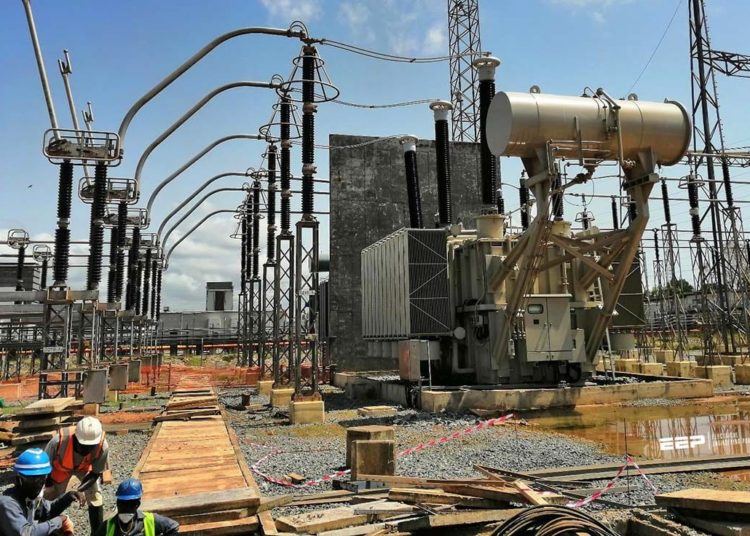Innovate UK KTN, Rural Electrification Agency, (REA) and other stakeholders have moved to explore Nigeria’s mini-grid market to solve the country’s energy crisis.
With a mini power grid market worth $9 billion or N3.2 trillion annually, and about 80 million people in Nigeria’s rural areas said to be without access to power, Innovate UK KTN, has offered Nigerian companies the opportunity to pitch for grants from £20 million available globally.
Innovate UK is the UK’s largest innovation network responsible for the implementation of the Global Alliance Africa project.
Speaking in Abuja at the Energy Catalyst Briefing, launch and brokerage event on Thursday, the regional lead of the Global Alliance Africa, Sophie West, noted that the initiative was in line with its mandate to provide efficient energy solution to Africa’s myriad energy challenges.
She explained that this is being done through the deployment of innovative technology and business models as well as partnership with like-minded initiatives.
“The Energy Catalyst, which is a programme aimed at accelerating the innovations needed to end energy poverty on the continent, is one of the UK’s biggest energy access focused grant funding initiatives, having invested more than £60 million in over 360 projects in eight different rounds.
“The programme will also leverage financial and advisory support, build strategic partnerships and uncover new insights to provide energy solutions to improve lives,” she stated.
Speaking earlier, managing director, REA, Ahmad Salihijo, noted that Nigeria’s energy challenge was peculiar to the country given its huge population.
In a bid to tackle this, Salihijo stated that the government had rolled out several initiatives to close the energy gap across the country.
While commending private developers for their efforts in the mini-grid space, he said more collaborations were needed for the country to achieve its target of providing electricity to all Nigerians.
On his part, Simon Ighofose, CEO, PyroGenesys, a waste to renewable energy and biofuel company, disclosed that Nigeria has an abundance of underutilized agricultural and agri-processor wastes.
According to him, Nigeria produces over 25 million tonnes of cassava, rice and maize residues which has the potential to produce two gigawatts of power 24 hours daily.
“98 per cent of Nigerian off-grid communities could meet their entire energy demand using the crop wastes available within a 10km radius. Many communities have access to over 20 times more waste than they need to generate their entire electricity demand”, he added.
Chief executive of ECR8/Nevadic Ltd., Dave Nwosu, whose Nevadic Ltd got £1m in the 8th round, said the group was developing a sodium ion battery system for portable solar home systems which is cheaper than the lithium ion battery.
“Very soon, Nigeria will become the testing ground for this innovation. With our partnership, we are making the manufacturing of batteries a reality in Nigeria,” he said.





